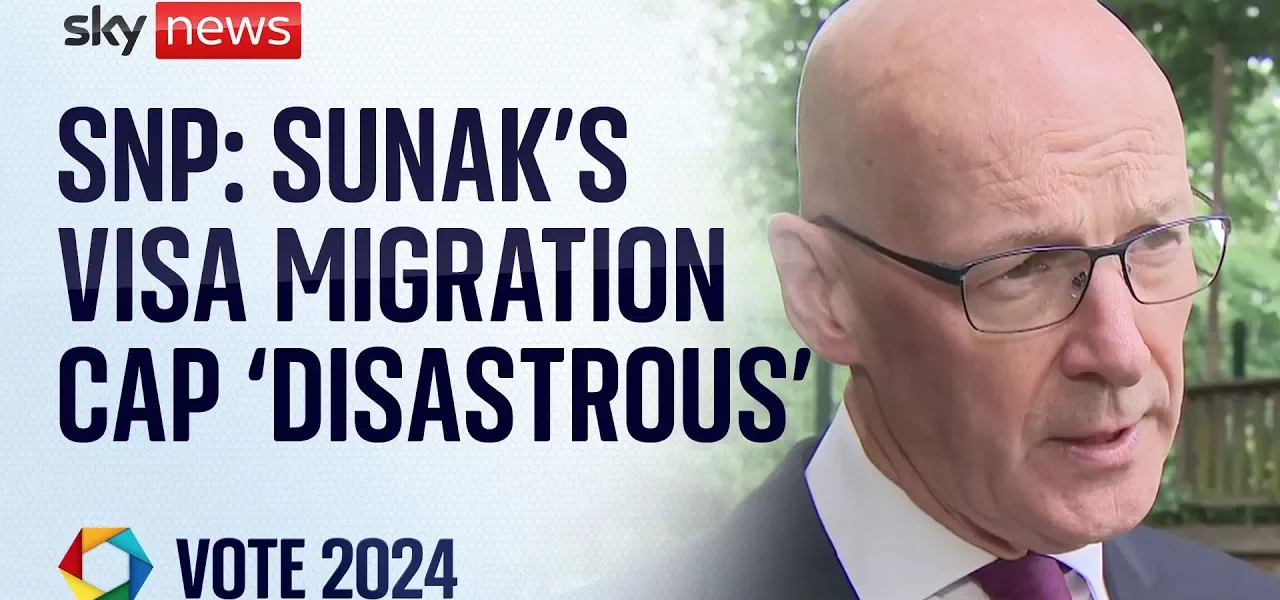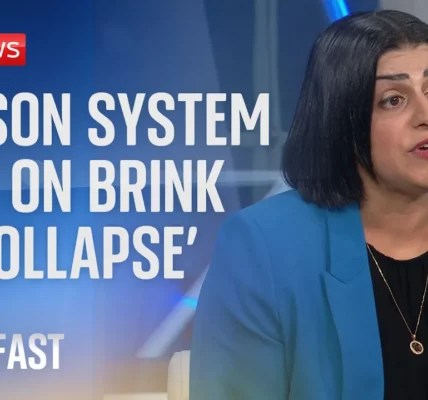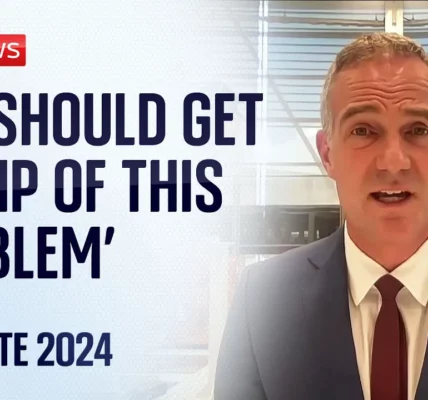Prime Minister’s Visa Cap Proposal: An Economic Analysis

This article delves into the Prime Minister’s controversial plans for an annual visa cap, exploring the implications for the economy and the political dynamics in Scotland. We examine migration’s role in economic growth and the contrasting views among political leaders.
Introduction
The recent announcement by the Prime Minister regarding an annual cap on visas has sparked significant debate across the United Kingdom, particularly in Scotland. Critics argue that such a move could be detrimental to the economy, especially in a region experiencing low unemployment and a shortage of skilled workers. This article explores the various perspectives surrounding this issue, emphasizing the importance of migration in fueling economic growth and the need for a balanced approach to immigration policy.
The Economic Importance of Migration
Migration plays a crucial role in the economic framework of any society. Here are some key points regarding its impact:
- Labor Force Expansion: Migrants contribute to an increased labor force, filling gaps in various sectors where there are shortages.
- Economic Growth: A diverse and skilled workforce fosters innovation and drives economic expansion.
- Demographic Balance: Migration helps to address demographic challenges, such as an aging population, by bringing in younger workers.
In Scotland, the current low unemployment rates highlight the urgent need for skilled labor to sustain economic activities. Therefore, implementing an annual cap on visas could hinder growth rather than support it.
Political Perspectives on Migration Policy
The political landscape concerning migration policy in the UK is complex, with various parties holding differing views. Below, we discuss the positions of key political figures and parties:
Prime Minister’s Stance
The Prime Minister’s recent proposal for a visa cap is seen as a continuation of a broader anti-migration stance. This approach has been criticized for ignoring the economic realities faced in regions like Scotland.
Labour Party’s Position
The Labour Party’s support for similar migration restrictions raises questions about their commitment to fostering economic growth through immigration. Critics argue that this stance aligns closely with the Conservatives, limiting options for a more inclusive migration policy.
Nigel Farage and the Right-wing Perspective
Nigel Farage’s influence on the migration debate cannot be underestimated. His rhetoric often resonates with a portion of the electorate that desires stricter immigration controls, yet it overlooks the economic benefits of a more open policy.
Scotland’s Unique Position
Scotland’s economic needs differ significantly from those of England and Wales, necessitating a tailored approach to migration. Here are some considerations:
- Low Unemployment: Scotland currently enjoys low unemployment, which amplifies the demand for skilled labor.
- Key Economic Sectors: Industries such as oil and gas, as well as renewables, require a robust workforce to thrive.
- Political Representation: It is essential for Scottish leaders to advocate for policies that align with the region’s economic goals.
Energy Policy: Oil, Gas, and Renewables
Another significant aspect of the political debate involves energy policy, particularly concerning oil and gas exploration in the North Sea:
Current Energy Landscape
With the UK facing a transition towards net-zero emissions, the role of the oil and gas sector is evolving. Major points include:
- The need for new licenses for oil and gas to ensure energy security while transitioning to renewable sources.
- Investment in renewable energy projects, which has seen substantial funding recently in the North of Scotland.
- The importance of collaboration between the oil and gas sector and renewable energy initiatives to facilitate a smooth transition.
Challenges Ahead
The challenge lies in balancing immediate economic needs with long-term sustainability goals. Political leaders must navigate this complex landscape to ensure that Scotland’s energy sector remains robust.
Conclusion
The Prime Minister’s proposed visa cap raises significant concerns regarding its potential impact on Scotland’s economy. As the debate unfolds, it is crucial for policymakers to recognize the vital role that migration plays in supporting economic growth and addressing labor shortages. Additionally, a cohesive energy policy that incorporates both traditional and renewable resources is essential for the future of Scotland’s economy. We encourage readers to stay informed and actively engage in discussions surrounding these critical issues. Visit our related articles on immigration and economic policy for more insights.
“`




